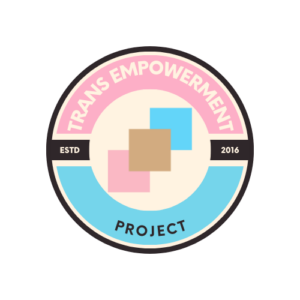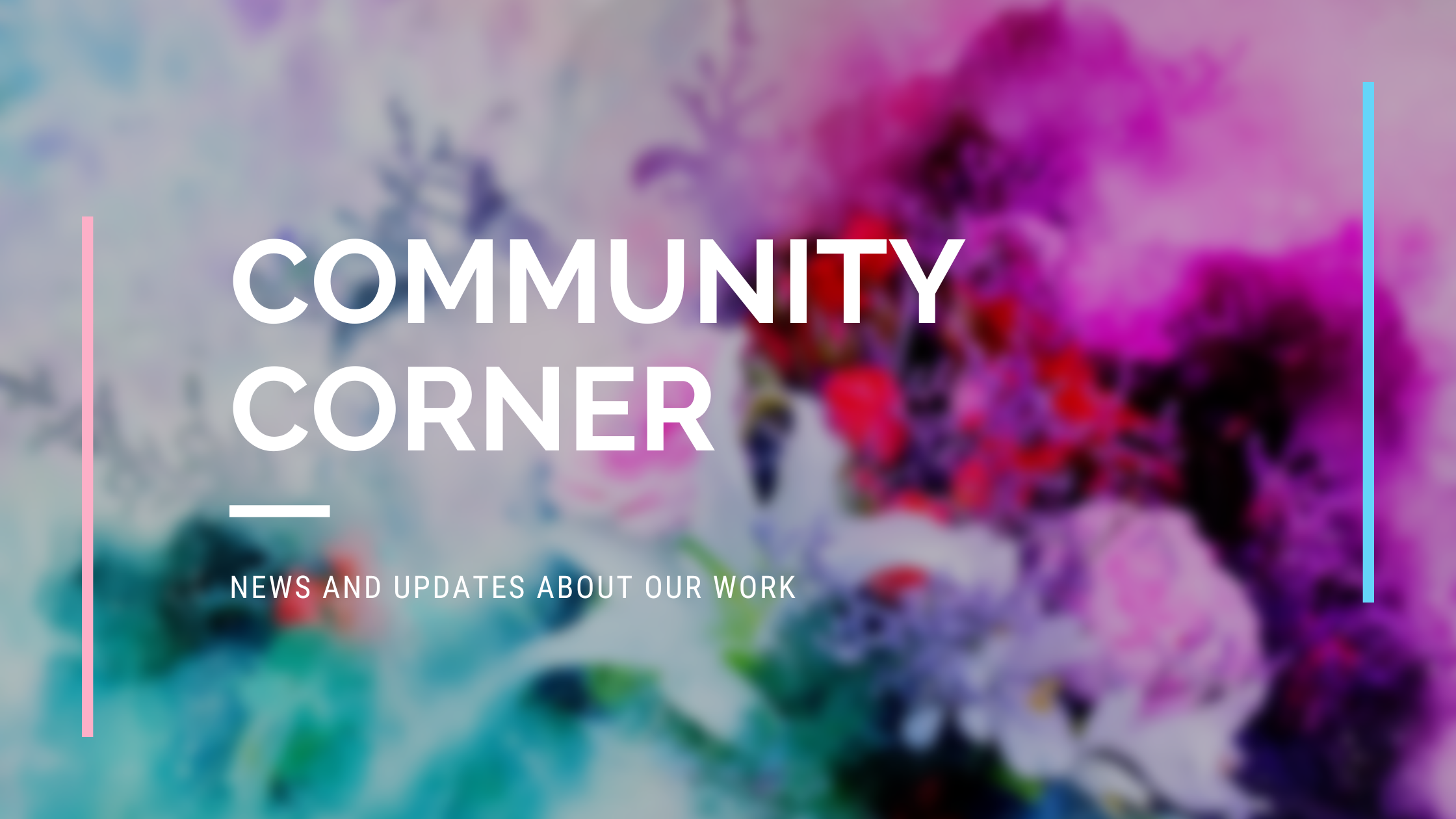by Alex Moody, Project Care Manager
Envisioning a holistic and accessible healthcare set-up for suicide prevention among Queer, Transgender, and Intersex Black and Indigenous People of Color (QTIBIPOC) involves a stark acknowledgment: Mental healthcare is healthcare. It is equally as important as our physical health and necessitates the same level of attention and care – acknowledging this is the starting point of our journey to combat healthcare disparities faced by the Trans community.
The discriminatory practices within the healthcare system towards QTIBIPOC range from subtle microaggressions to explicit acts of racism and transphobia. This complex interaction of systemic oppression results in increased healthcare disparities and contributes significantly to declining mental health and a higher inclination towards suicidal ideation. The negative experiences in healthcare settings also act as a barrier, discouraging QTIBIPOC from seeking necessary, often life-saving treatment.
There’s an undeniable urgency for accessible mental healthcare for Two-Spirit, Trans, Intersex, and Gender-expansive (2TIGE) individuals, with a particular need to provide better care for QTIBIPOC. A study by the Williams Institute highlights this urgency: an alarming statistic reveals that 51% of transgender individuals have attempted suicide. That number is something that we can and must reduce by providing quality, affordable, equitable, and accessible mental healthcare for all.
The disparities faced by QTIBIPOC compared to white LGBTQ+ individuals are particularly apparent in the realm of health. Research by the National Institutes of Health (NIH) shows QTIBIPOC experience a higher rate of HIV infections and diabetes – just the tip of the iceberg in a sea of inequities.
Nevertheless, we have the power to remodel the healthcare system to better serve our community, and create a more affirming environment for QTIBIPOC. The process begins with healthcare providers holding themselves accountable in their patient interactions. Regular clinic surveys to gather patient feedback, followed by thoughtful reflections on the feedback, can significantly enhance patient-provider interactions.
Investing in quality education resources and periodic training for healthcare staff can provide invaluable insights into providing quality care for 2TIGE and QTIBIPOC individuals. Furthermore, combating white supremacy in the workplace begins with self-awareness, necessitating the use of resources to learn, unlearn, and confront inherent biases.
Organizations like Trans Empowerment Project (TEP) play an integral role in easing this transition by supplying these pivotal resources for healthcare providers. TEP’s program, Project Care, focuses on educating providers and patients on what quality Trans care looks like and can be. Covering topics such as white supremacy, discrimination, biases, and defining reliable care for QTIBIPOC and the Trans community, Project Care pledges to aid in the transformation of healthcare systems into spaces where all lives aren’t merely said to matter, but are treated like they do.

